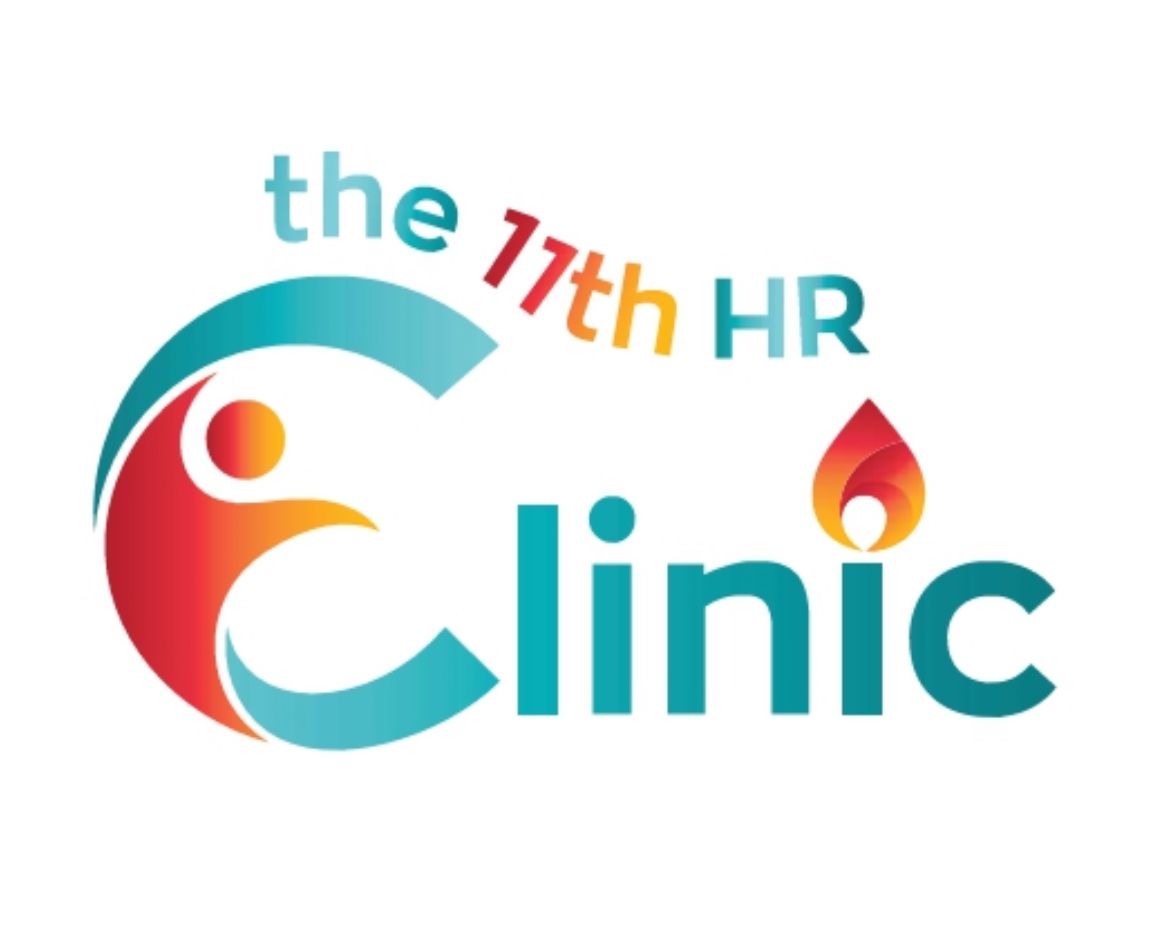Understanding Psychological Injury in the Workplace
Recognising, Responding to, and Preventing Harm in the Modern Workplace
At the 11th HR clinic, we understand that workplace well-being extends far beyond physical safety. In recent years, psychological injury has become a key concern for both employers and employees — one that requires the same attention, care, and proactive management as any physical injury.
What Is a Psychological Injury?
Psychological injury refers to the emotional or mental harm an individual experiences as a result of their work or workplace environment. Unlike physical injuries, psychological injuries aren’t always visible—but they can be just as debilitating. Common examples include:
- Anxiety or panic disorders
- Depression or prolonged sadness
- Post-traumatic stress disorder (PTSD)
- Burnout and emotional exhaustion
- Adjustment disorders
Common Workplace Causes
Psychological injuries can be caused by a range of workplace factors, including:
- Bullying and harassment – Persistent mistreatment can lead to severe emotional distress.
- Occupational stress – Unrealistic deadlines, high workloads, and lack of support can contribute to burnout.
- Traumatic events at work – Exposure to violence, accidents, or critical incidents may trigger PTSD.
- Lack of job security or role clarity – Ongoing uncertainty can fuel anxiety and low morale.
- Poor leadership or toxic culture – Ineffective management and unsupportive environments can impact mental well-being.
Signs of Psychological Injury
Recognising the signs early is crucial. Symptoms may include:
- Ongoing fatigue or insomnia
- Irritability, anger, or mood swings
- Social withdrawal
- Difficulty concentrating or making decisions
- Physical symptoms like headaches, nausea, or chest pain with no medical cause
If you or someone you work with is displaying these signs, it's important to seek support early.
Legal and Workplace Implications
In Australia, psychological injuries are recognised under workers' compensation schemes. This means that if an employee suffers mental harm due to work-related factors, they may be entitled to compensation and support for treatment.
For employers, this brings a legal obligation to ensure psychologically safe workplaces under the Work Health and Safety Act 2011 (Cth). That includes identifying risks, implementing preventative measures, and supporting recovery at work.
How We Can Help
We work closely with individuals and organisations to manage and prevent psychological injuries through:
- Workplace mediation and conflict resolution
- Independent psychological assessments
- Return-to-work planning and support
- Training in mental health first aid and resilience
- Policy development and risk assessments
Our team of experienced HR professionals and mental health practitioners provide a tailored, trauma-informed approach to every situation.
A Healthier Workplace Starts with Awareness
Creating psychologically safe workplaces isn’t just good practice — it’s essential for long-term employee engagement, retention, and performance. By addressing psychological injury proactively, we can build healthier, more resilient organisations where people feel safe, supported, and empowered to thrive.
If you’re experiencing distress or need support navigating a workplace situation, reach out to our team at the 11th HR clinic. We’re here to help.
- Call our office on 07 3303 0364 to speak with a member of our team
- Submit an online enquiry and we’ll get back to you via phone or email
- Email us at hello@11thHRclinic.com.au with your request and we’ll get back to you



